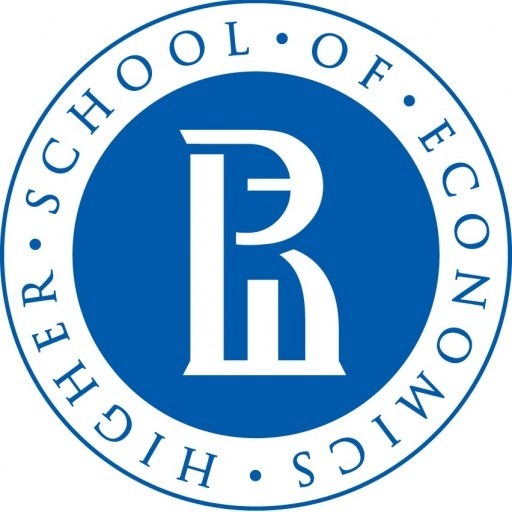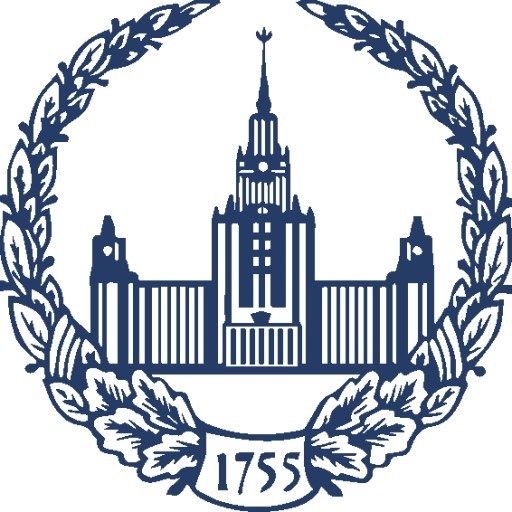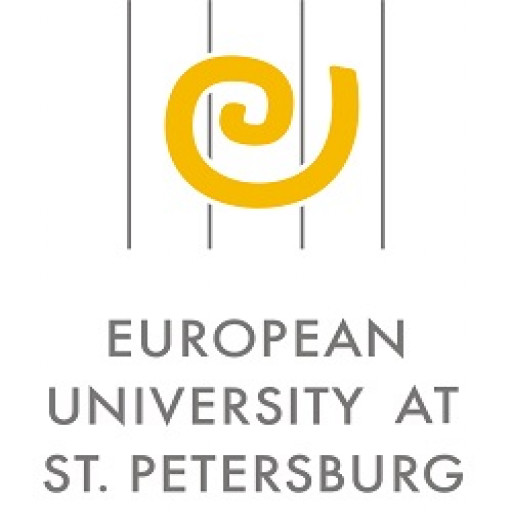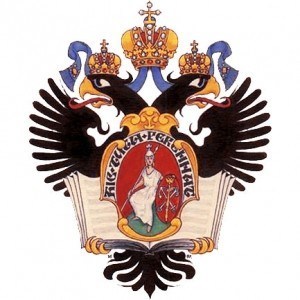Photos of university / #hse_university
Financial Analyst Program at National Research University Higher School of Economics offers a comprehensive education designed to prepare students for a successful career in finance and investment analysis. The program covers a wide range of topics including financial accounting, corporate finance, investment analysis, financial modeling, risk management, and data analysis. Students gain practical skills through case studies, internships, and projects that simulate real-world financial scenarios. The curriculum is tailored to equip graduates with the ability to analyze financial statements, assess investment opportunities, and develop strategic financial plans. Throughout their studies, students also develop proficiency in analytical tools and software commonly used in the industry, such as Excel, Bloomberg, and other financial data platforms. The program emphasizes critical thinking, quantitative skills, and ethical standards in financial decision-making. Students benefit from the university’s strong ties with financial institutions and industry leaders, providing opportunities for internships, networking, and career development. The programme prepares graduates for roles such as financial analyst, investment analyst, portfolio manager, and risk manager, among others. It aims to foster a deep understanding of financial markets, instruments, and regulatory environments, ensuring students are well-equipped to navigate the complexities of global finance. Graduates of the program are expected to demonstrate analytical rigor, strategic insight, and professional competence, enabling them to contribute effectively to financial decision-making processes in various organizations. The program is suitable for individuals interested in pursuing careers in banking, investment firms, consulting, or corporate finance. It combines theoretical knowledge with practical application, ensuring students graduate ready to meet the demands of the dynamic financial sector.
Programme structure
Financial Analyst Master’s programme is a two-year full time programme. In line with high CFA standards, the programme is updated annually using actual CFA textbooks and current global practices. The curriculum provides broad coverage of the main functional areas and consists of 120 ECTS credits. The programme requires 23 courses made up from 11 core courses, and 12 electives. Classes meet in the evenings and on Saturdays 4-5 times per week:
- 3-4 weeknights from 06.30 p.m. to 09.20 p.m.
- Saturday from 10.00 a.m. to 04.40 p.m.
CORE COURSES
- Theory of Finance
- Macroeconomics
- Advanced Econometrics
- Quantitative Methods in Economics
- Corporate Finance
- Financial Reporting and Analysis
- Market Instruments: Equity and Fixed Income
- Monetary Economics
- Derivatives
- Ethical and Professional Standards
- Investment Portfolio Management
ELECTIVES
- Stochastic Analysis in Finance
- Microeconomics
- Time Series Analysis
- Forecasting in Economics and Finance
- International Economics
- Company and Business Valuation
- Venture Investment
- Building DCF Models in Practice
- Investment Project Management
- Ratings
- Alternative Investments
- Analysis and Risk Management
Requirements
MA programme Financial Analyst is designed specifically to meet the needs of young professionals who are thinking about moving into or acquiring further in-depth expertise in the area of finance. The programme is aimed at graduates with at least a Bachelor’s degree, with a strong economic, financial or mathematical background. A good proficiency in English is required.
Portfolio composition and minimum requirements for applicants:
| Portfolio component | Obligatory/ optional | Comments |
|---|---|---|
| 1. Diploma and academic transcripts | Obligatory | If you have not yet received your Bachelor’s diploma, please include an official copy of your most recent academic transcript |
| 2. English language proficiency certificate (see below) | Optional | Native speakers of English and students who have completed an entire degree exclusively in English do not need to submit proof of their English ability |
| 3. Professional retraining diploma(s) | Optional | You can submit additional information about your professional retraining which will help the Examination Committee to evaluate your candidature |
| 4. International professional certificate(s) | Optional | You can submit a copy of your international professional certificate (if any) which will help the Examination Committee to evaluate your candidature |
| 5. Scientific papers and publications | Optional | Please submit the publications in hard copies or electronic form |
| 6. Diploma(s) of prizewinners of student competitions | Optional | You can submit a copy of diploma (if any) which will help the Examination Committee to evaluate your candidature |
| 7. Grant/ Scholarship | Optional | Please submit an official letter confirming the awarding of the personal grant/scholarship by state body, or a private company |
| 8. CV | Optional | Please submit a standard CV, including your education background, work and research experience, publications (if any), language knowledge, and professional achievements |
| 9. Recommendation letter(s) | Optional | You can submit letter of recommendation from someone familiar with your academic work or professional experience |
Accepted certificates (applicants should submit test results no more than two years old)
| Certificate | Score |
|---|---|
| IELTS | 6.0 and higher |
| TOEFL IBT (Internet Based) | 80.0 and higher |
| CAE (Certificate of Advanced English) | Any passing grade |
| CPE (Certificate of Proficiency in English) | Any passing grade |
| BEC Higher (Business English Certificate) | Any passing grade |
Tuition fees for the Financial Analyst program at the National Research University Higher School of Economics vary depending on the form of study and the student’s status. For full-time domestic students, the tuition is approximately 350,000 Russian rubles per year, whereas international students may be subject to different rates, which can be higher or lower depending on the specific agreements and funding opportunities. Part-time study options are available and typically have lower per-year tuition fees, designed to accommodate working professionals. The university provides a range of scholarship opportunities, including merit-based and need-based scholarships, which can significantly reduce the financial burden for eligible students. Additionally, students are encouraged to explore governmental and private student loan programs that support higher education financing in Russia. The university actively participates in various grant and exchange programs, which may include financial support for research projects, internships, and international mobility. Students also have the option to work part-time during their studies, either on campus or in collaboration with local companies, to supplement their income. For international students, additional costs such as visa fees, health insurance, and living expenses must be considered when planning finances. The university offers detailed financial aid counseling services to help students develop a comprehensive funding plan that covers tuition, living costs, and other expenses associated with study at HSE. The exact cost of the program and payment schedules are provided upon admission and can vary year by year. It is advisable for prospective students to regularly consult the official HSE website and contact the admissions office for the latest information on tuition fees, scholarships, and financial support options available for the Financial Analyst program.
PARTNERS
- CFA Institute
- CFA Association (Russia)
- Inholland University of Applied Sciences (The Netherlands)
- University of Siena (Italy)
Student Exchange Programmes
- University of Applied Sciences BFI Vienna (Austria)
- University of Economics in Katowice (Poland)
- Wroclaw University of Economics (Poland)



